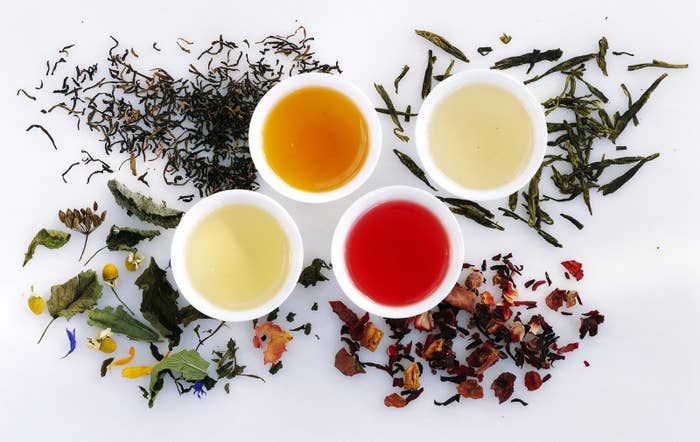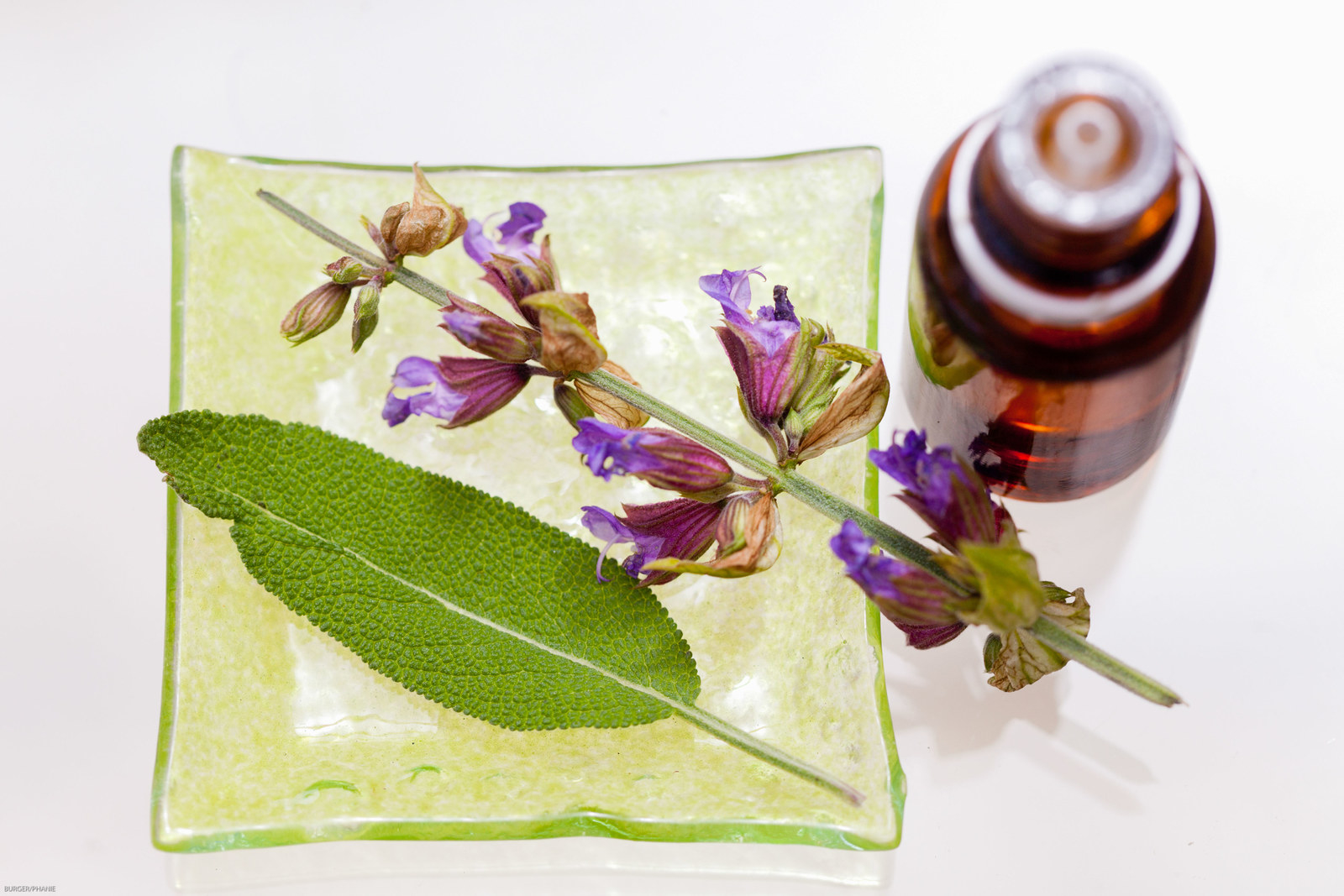1. Listen to music that makes you happy.

2. Listen to some binaural beats.

3. Bring some calming teas into your life.

4. Take a bath.
5. Breathe in some aromatherapy.

Essential oils have exploded in popularity lately, and before you write them off as something you see being sold all over your Facebook feed, know that there's actually some science behind it all. The International Journal of Drug Development and Research defines the benefits of inhaling essential oils thusly:
Essential oils that are inhaled into the lungs offer both psychological and physical benefits. Not only does the aroma of the natural essential oil stimulate the brain to trigger a reaction, but when inhaled into the lungs, the natural constituents (naturally occurring chemicals) can supply therapeutic benefit. Diffusing eucalyptus essential oil to help ease congestion is a prominent example.
Some great relaxing scents to start with include: lavender, ylang ylang, chamomile, rose, peppermint, sandalwood, lemon, orange, and other citrus fruits (because they can energize and relax you at the same time). And a warning: of course you should always know what you're actually inhaling at all times. Make sure you do your research and buy only the highest quality, pure, therapeutic grade essential oils that aren't cut with any chemicals or unknown ingredients.
Don't have essential oils? You can smell anything that you like, really. Here's a start: fresh cut grass, your favorite candle, the zest of a lemon, your freshest soap, the salty air at the beach, a bouquet of flowers — the list goes on and on!
6. Cook something simple for yourself.

7. Go for a swim.

8. Tap into your subconscious through self-hypnosis.

9. Stretch, stretch, stretch.

We've been taught to stretch before any kind of intense physical activity since we were kiddos. But the benefits bear repeating. According to Harvard Medical School:
"Stretching keeps the muscles flexible, strong, and healthy, and we need that flexibility to maintain a range of motion in the joints. Without it, the muscles shorten and become tight. Then, when you call on the muscles for activity, they are weak and unable to extend all the way. That puts you at risk for joint pain, strains, and muscle damage."
It makes sense when you think about it — and so does the science surrounding why, it seems, your body "absorbs" or "holds onto" the stress inside your head. The American Psychological Association has the following to say on this relationship:
"When the body is stressed, muscles tense up. Muscle tension is almost a reflex reaction to stress — the body's way of guarding against injury and pain. Chronic stress causes the muscles in the body to be in a more or less constant state of guardedness. When muscles are taut and tense for long periods of time, this may trigger other reactions of the body and even promote stress-related disorders. For example, both tension-type headache and migraine headache are associated with chronic muscle tension in the area of the shoulders, neck and head."
Help to stop the endless stressed-mind-stressed-body cycle and lean into stretching as much as you can. Use your own body to do it, or invest in a yoga mat, stress balls, or a foam roller to level up your practice.
10. Hold on to your pressure points.

11. Stop and smell the roses.

12. Relax with some light-hearted, mindless TV.

13. Have a dance party with yourself.

